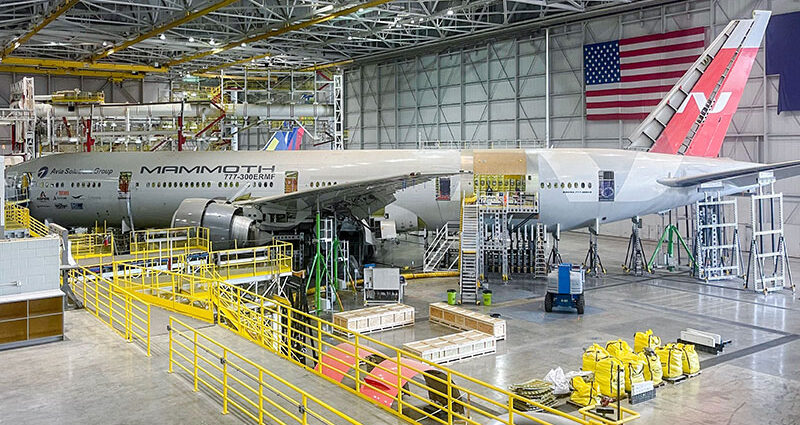ASL Airlines Australia Adds Second Boeing 737-800 Freighter, Underscoring Cargo Sector Growth in Emerging Markets
ASL Airlines Australia, part of the Ireland-headquartered ASL Aviation Holdings, has added a second Boeing 737-800BCF (Boeing Converted Freighter) to its growing cargo fleet—underscoring how regional air freight is evolving to meet the demands of modern e-commerce and cross-border logistics.
While the expansion directly serves routes between Australia and New Zealand, it reflects a broader trend that’s increasingly relevant to African aviation and logistics sectors: the need for modern, fuel-efficient aircraft to support reliable, fast cargo delivery in growing digital economies.
The newly leased aircraft—originally delivered in 1999 and converted for freight in 2022—can carry up to 23 tonnes of cargo and offers lower emissions compared to older-generation freighters. ASL says the aircraft will help meet rising demand for next-day delivery services, particularly in the Australasian e-retail market.
Why This Matters for Africa
ASL’s strategic expansion demonstrates how mid-sized cargo aircraft like the 737-800BCF are helping regional carriers bridge distances across island nations and remote cities—logistical challenges that mirror Africa’s own geography and infrastructure gaps.
As African countries continue to push for continental free trade, strengthen intra-African air connectivity, and support homegrown e-commerce platforms, there is growing opportunity—and need—for investments in similar cargo capacity across the continent.
With Africa’s logistics industry expected to grow significantly due to platforms like Jumia, Takealot, and Wasoko, lessons from Australasia could help shape future investments and partnerships for African airlines and freight operators.
Background on ASL’s Model
Formerly known as Pionair Australia, ASL Airlines Australia was acquired and rebranded in 2023 by ASL Aviation Holdings, which also operates cargo carriers in Europe, Asia, and South Africa. The group’s growing presence underscores its interest in high-growth logistics markets, including Africa.
In Australia, ASL operates on behalf of major players like Qantas Freight, FedEx, and Australia Post, with routes covering key cities such as Sydney, Melbourne, Brisbane, and Cairns.
The airline also flies British Aerospace 146 aircraft—types that have historically been used in African regional operations due to their short runway capability and flexibility.
Opportunities for African Cargo Operators
-
Fleet Modernization: Africa’s cargo fleets remain dominated by older aircraft. Mid-sized freighters like the 737-800BCF offer better fuel economy and payload efficiency for regional routes.
-
E-Commerce Boom: With rising online shopping activity, particularly among urban youth, reliable air cargo can help African retailers meet delivery expectations.
-
Public-Private Partnerships: Airlines, postal services, and global logistics players can collaborate to build stronger regional cargo networks.
-
Cross-continental Models: Just as ASL built routes across the Tasman Sea, African carriers could target underserved corridors—like West Africa to Central Africa or Southern Africa to East Africa.
As global cargo networks evolve to meet digital-era demands, Africa has a prime opportunity to adapt lessons from carriers like ASL, build stronger logistics corridors, and support a new generation of trade and technology-driven growth.




